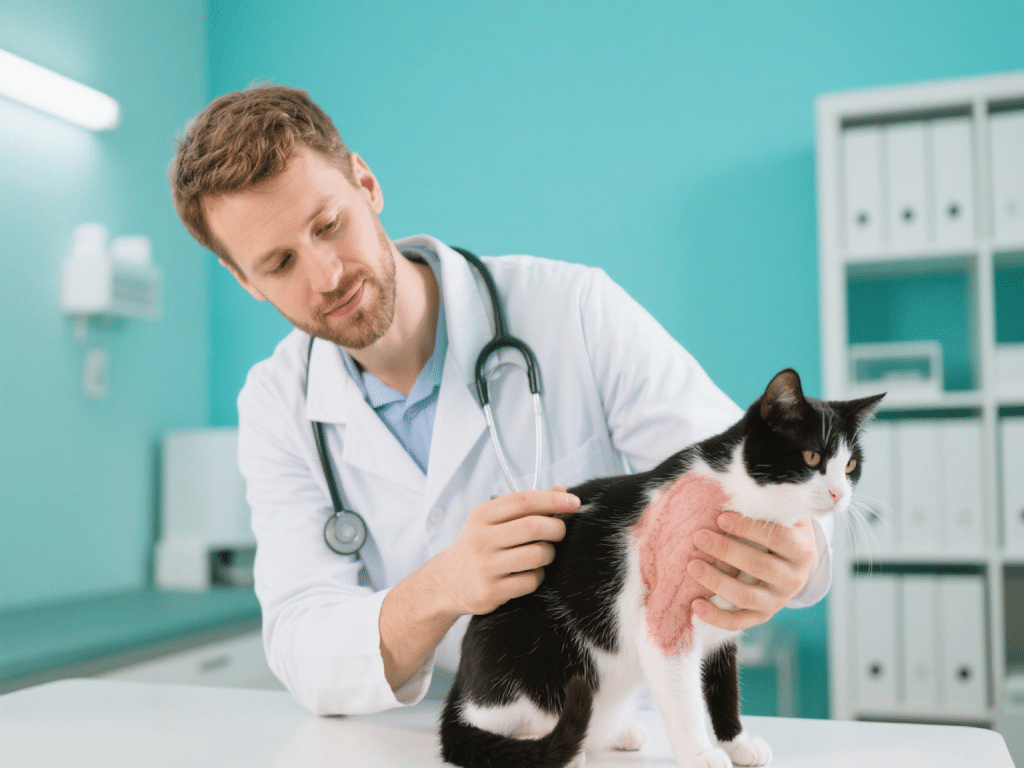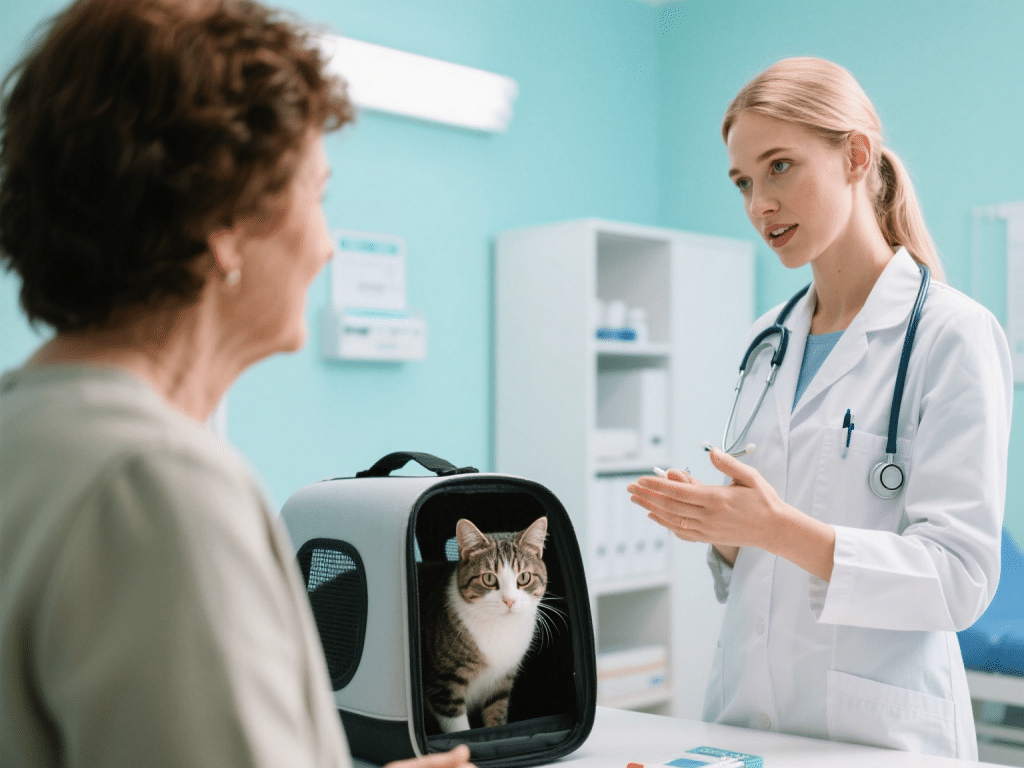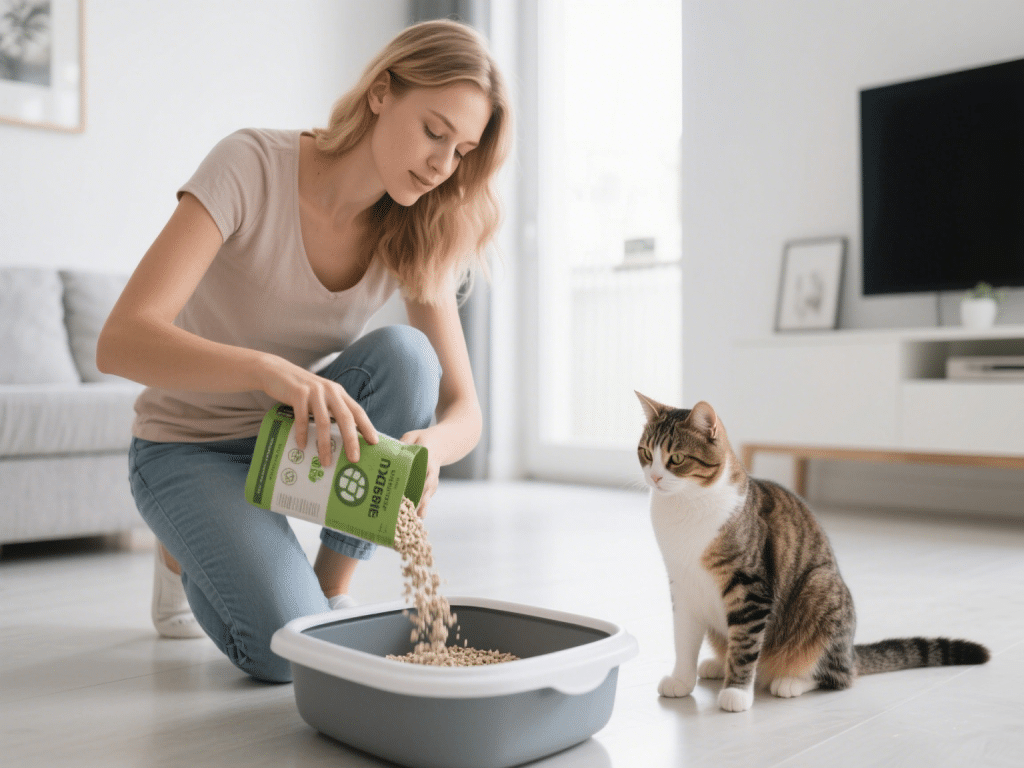
Ferrets are obligate carnivores with high metabolic rates, requiring diets rich in animal proteins and fats. Improper feeding leads to insulinoma, dental disease, and obesity. As a certified exotic pet nutritionist, I provide a detailed, step-by-step diet plan to ensure optimal health throughout life stages.
1. Macronutrient Ratios: 40–50% Protein, 30–40% Fat
Select commercial ferret diets meeting AAFCO standards, or formulate homemade meals combining:
Lean chicken or turkey (ground): primary protein source
Chicken fat or fish oil: for essential fatty acids
Supplement with taurine (250 mg/kg diet) and vitamin E (50 IU/kg).
2. Feeding Schedule and Portion Control
Due to rapid digestion, offer small meals 3–4 times daily. Calculate total daily intake at 200–300 kcal/kg body weight. Monitor body condition score monthly, adjusting portions to maintain a lean, athletic physique.
3. Hydration and Wet Food Integration
Encourage water intake by adding a drizzle of water to kibble or offering high-meat pâté formulations twice weekly. Always provide fresh water in gravity or sipper bottles.
4. Avoiding Carbohydrates and Sugars
Ferrets lack amylase in saliva; high-carb diets disrupt gut flora and predispose to gastrointestinal upset. Never feed fruits, grains, or vegetables outside occasional leafy greens as enrichment.
5. Regular Veterinary Nutritional Assessments
Bi-annual blood panels check for insulin levels, liver enzymes, and lipid profiles. Early detection of metabolic shifts allows timely dietary adjustments.
Conclusion:
A balanced ferret diet emphasizes high-quality animal proteins, adequate fats, strict portioning, and vigilant monitoring. Partnering with a ferret-knowledgeable veterinarian guarantees that your lively companion thrives over its typically 6–10 year lifespan.










